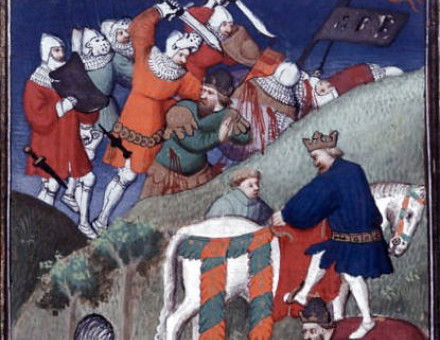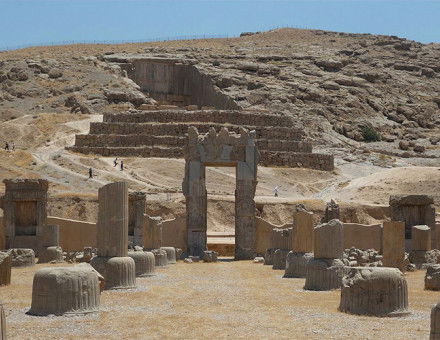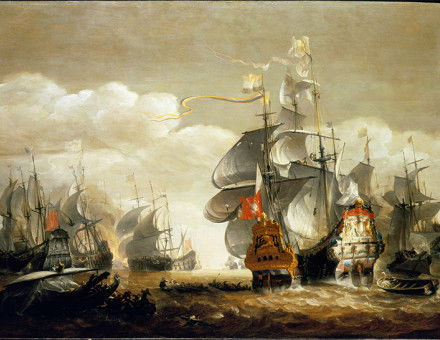The Paris Peace Conference, Part I
Norman Bentwich recalls the official meetings in Paris of 1946, which were concerned with the future of Germany’s former allies in Europe. At these protracted sessions the conflict between the Soviet Union and the Western Powers gradually came into the open.





